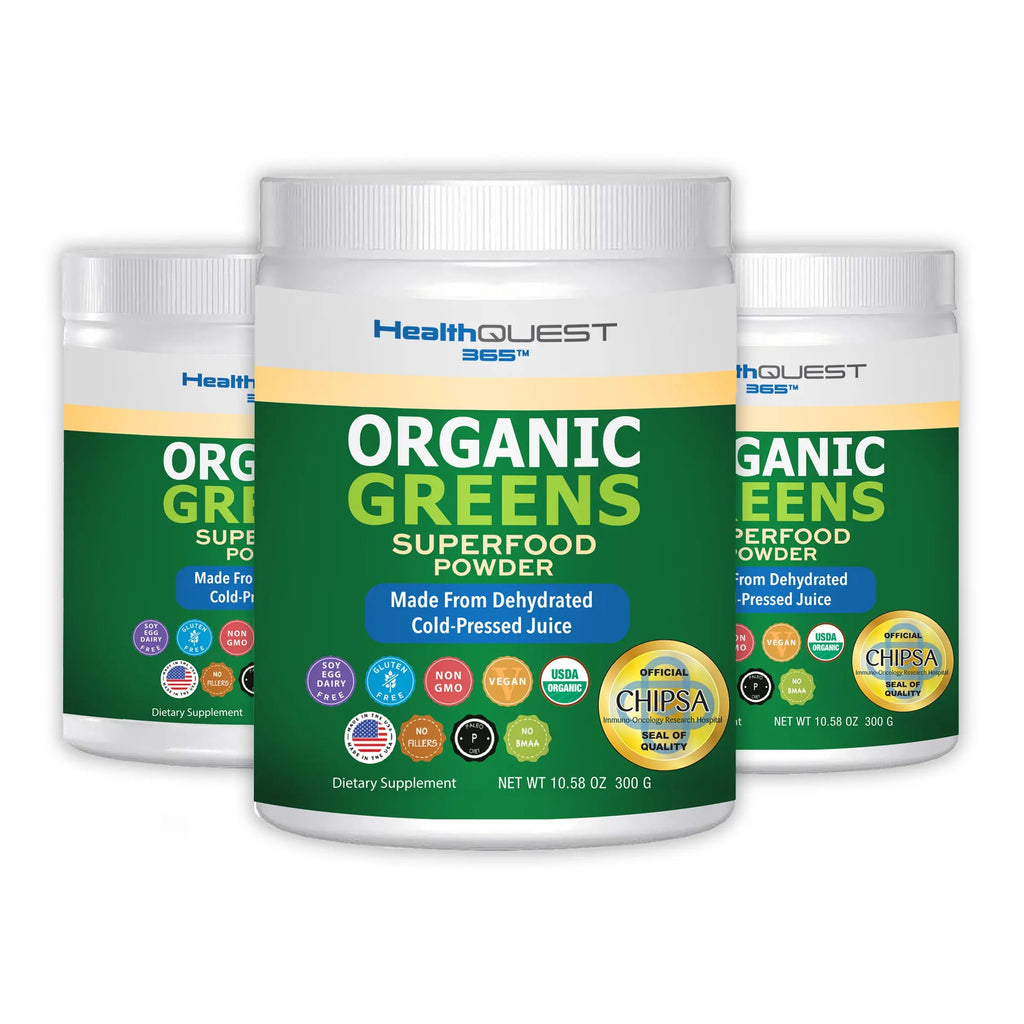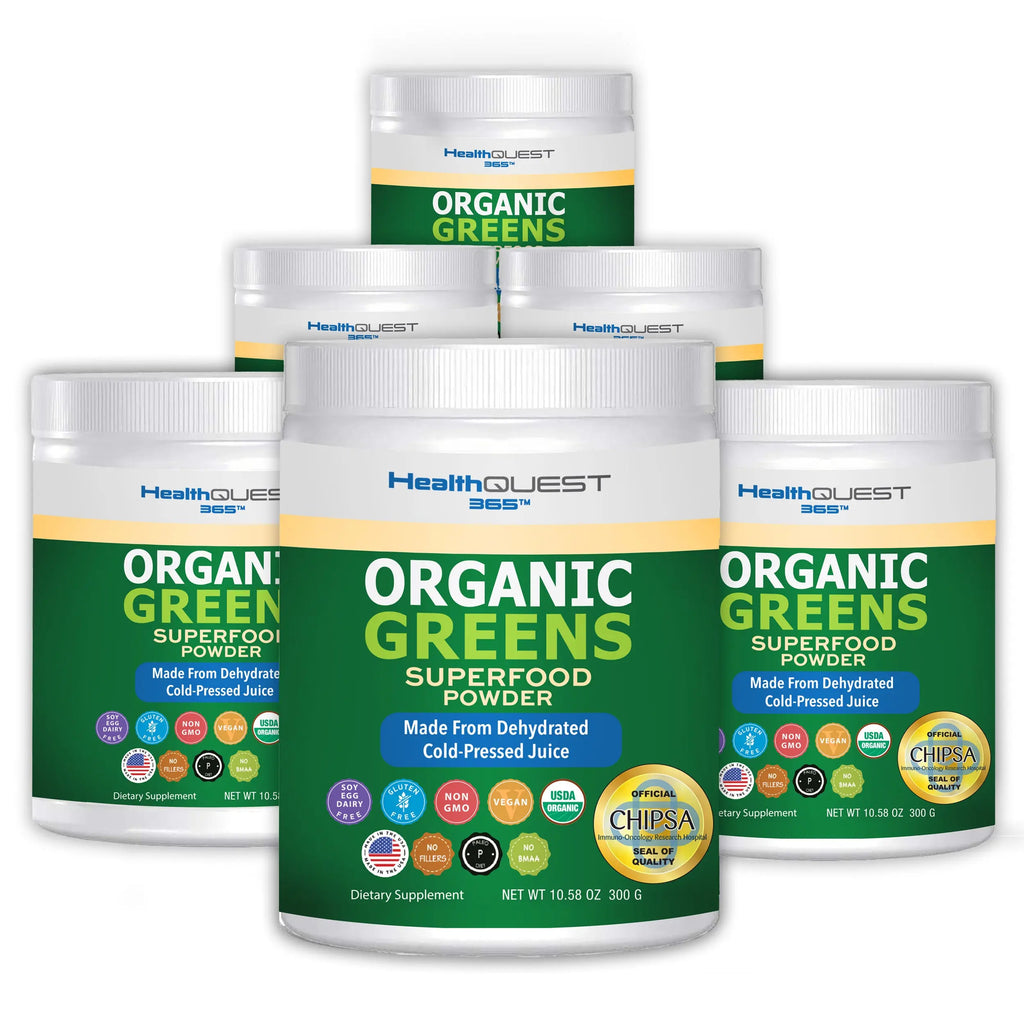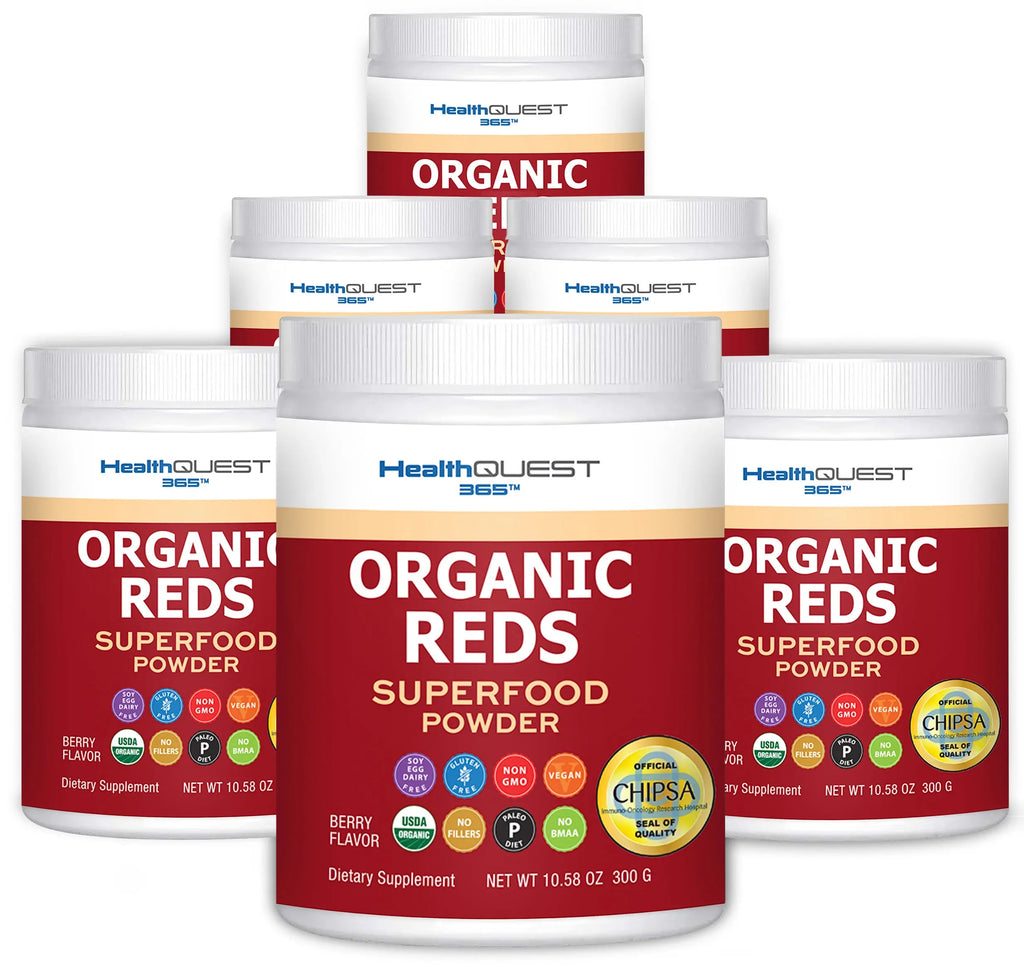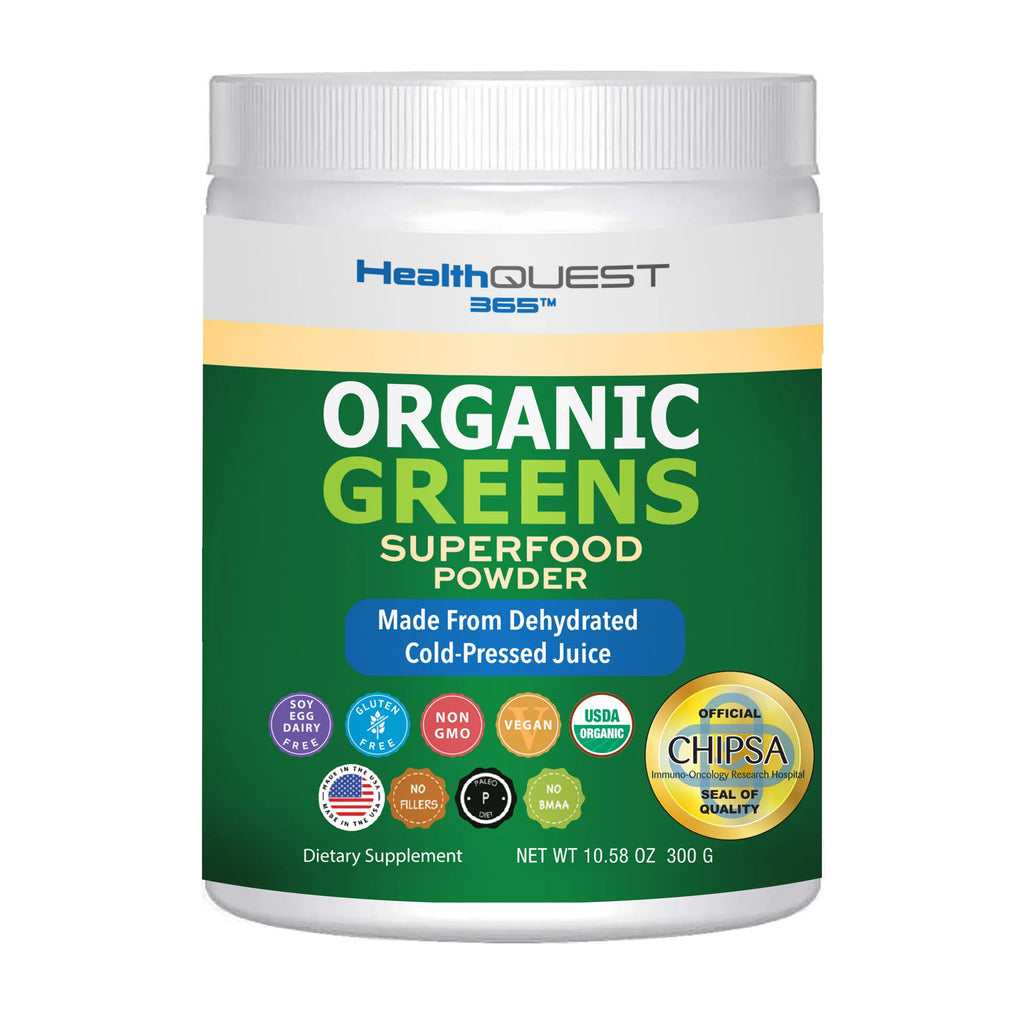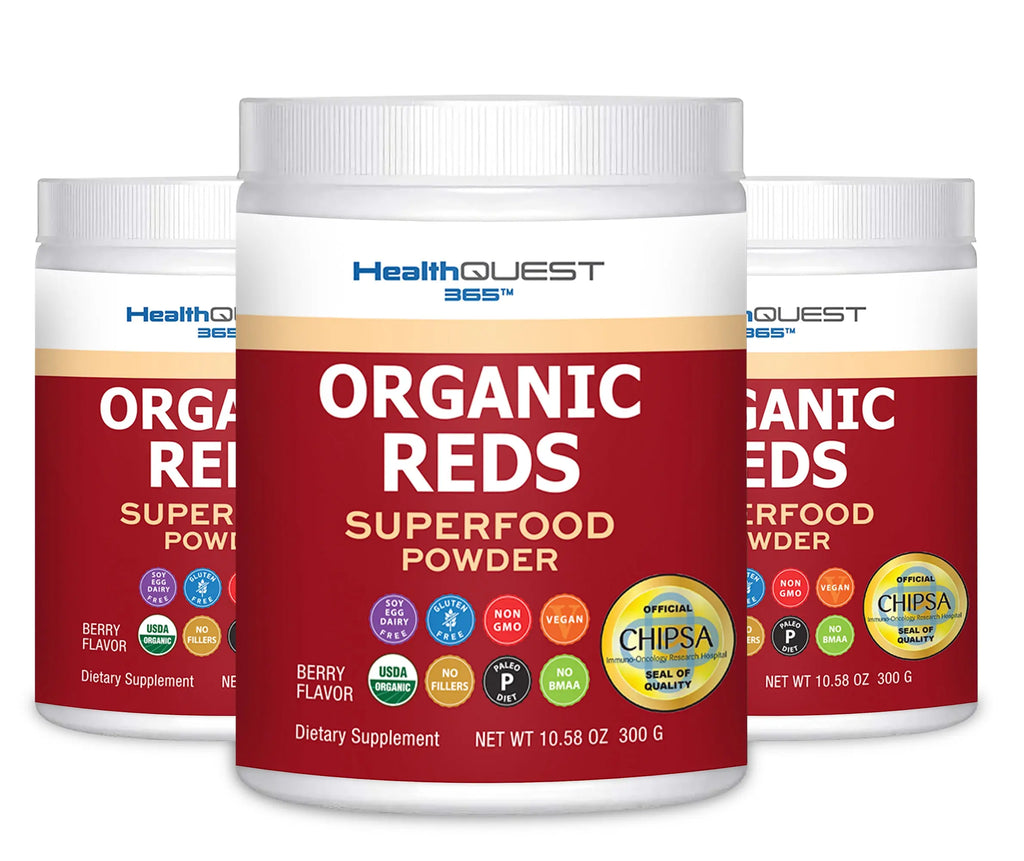It’s about health. It’s about healthy lifestyle. It’s about family™

Chronic Disease Management
Do you want to get chronic care without relying solely on pharma? Do you want to try natural supplements as an alternative to traditional medications? If so, this blog post is for you !
We'll discuss the best organic supplements available. We'll also talk about tips on managing chronic illnesses through diet, lifestyle changes, and more.

WHAT ARE CHRONIC DISEASES?
Chronic diseases are long-term conditions, often with poor clinical outcomes. They are the leading causes of death and impaired functioning in the US. Management of chronic diseases is possible, but they cannot be cured. Common examples are:
-
Asthma
-
Hypertension
-
Congestive heart failure
-
Other heart diseases
-
Chronic obstructive pulmonary disease (COPD)
-
Cancer
These conditions contribute to high death rates and reduced quality of life.
HOW CAN I MANAGE MY CHRONIC DISEASE?
The Chronic Care Model is an effective approach to help manage these conditions. It also helps improve patient outcomes. This model focuses on the needs of seriously affected patients. In this system, caring for people with chronic diseases involves close working between:
-
Patients
-
Physicians
-
Health care experts
By targeting high-risk patients, the model leads to better adherence to evidence-based practices. This leads to improved clinical outcomes and lower health care costs.
Despite the approaches in the model, having a chronic illness still has its challenges.
THE CHALLENGES OF CHRONIC DISEASE
Chronic diseases are a major challenge for many people and health care systems worldwide. These conditions can be physical and mental in nature. They can also have a significant impact on quality of life. Treatment for chronic diseases is often long-term and costly, making it hard to manage.

Give You ALL Our Best Workbooks
Get all the Best Workbooks + Action Guides from our expert
COSTS OF CARE MANAGEMENT
Health care expenditures undergo a frequent systematic review. This is to look for patients who will benefit from disease management programs. Almost always, such diseases require lifestyle changes to manage them. This includes:
-
Dietary changes
-
Increased duration and frequency of exercises
-
Other lifestyle changes that can be hard to mix into daily life
EMOTIONAL AND MENTAL IMPACT
Chronic conditions can also lead to emotional strain. That is due to the severe effects they may have on one’s life. People with chronic illnesses may suffer from feelings of hopelessness, sadness, and loss of enjoyment. Worry and fear about the future may sometimes plague the minds of afflicted patients.
MULTIPLE CONDITIONS
Patients with multi-morbidity require greater primary care and better treatments. "Co-morbidities" refer to having two or more medical conditions. That can affect the success of treatments. It also makes it harder for health care providers to determine the root cause of symptoms.
It is clear that chronic illnesses pose a big challenge to overall health and wellness. To fight this, chronic care management empowers patients about their disease and health status. It includes:
-
Patient education
-
Decision support
-
Natural factors


FREE "Mystery Gift"?
Let me stay in touch with you via email and as a thank you - get this FREE gift.. Something others paid over $1,000 for.
(True story)

Programs to support patients help them cope better and understand their conditions deeper. As part of self-management, many start to turn to other resources for disease control.
Effective programs promote lifestyle changes and integrated care. Medications and supplements are explored in hopes of boosting care and quality of life for patients.
CHRONIC DISEASE MADE MORE MANAGEABLE WITH ORGANIC GREENS 365
For an easier shift to a healthy lifestyle, Organic Greens 365 is your pal! This natural dietary powder helps support the body's ability to fight and manage chronic diseases. It has the perfect balance of vegetables, fruits, grass juices, and herbs. These are all rich in whole-food vitamins and minerals.
By adding Organic Greens 365 to your daily meals, your body gets essential vitamins, minerals, and nutrients. Its mix of natural ingredients helps patients with chronic diseases better manage their condition.
Start healthy living today with Organic Greens 365!
FREQUENTLY ASKED QUESTIONS
Yes, incorporating certain nutrients into your diet can help manage stress.
Limiting consumption of sugar, refined carbohydrates, caffeine, alcohol, high-sodium, and processed foods can help manage stress.
Yes, mindful eating practices, including understanding your hunger cues and savoring each bite, can help reduce stress levels.
Absolutely, physical exercise is a proven stress reducer and, combined with good nutrition, can greatly aid in managing stress.
Yes, consulting with a registered dietitian or nutritionist could provide personalized guidance to manage stress through nutrition.

